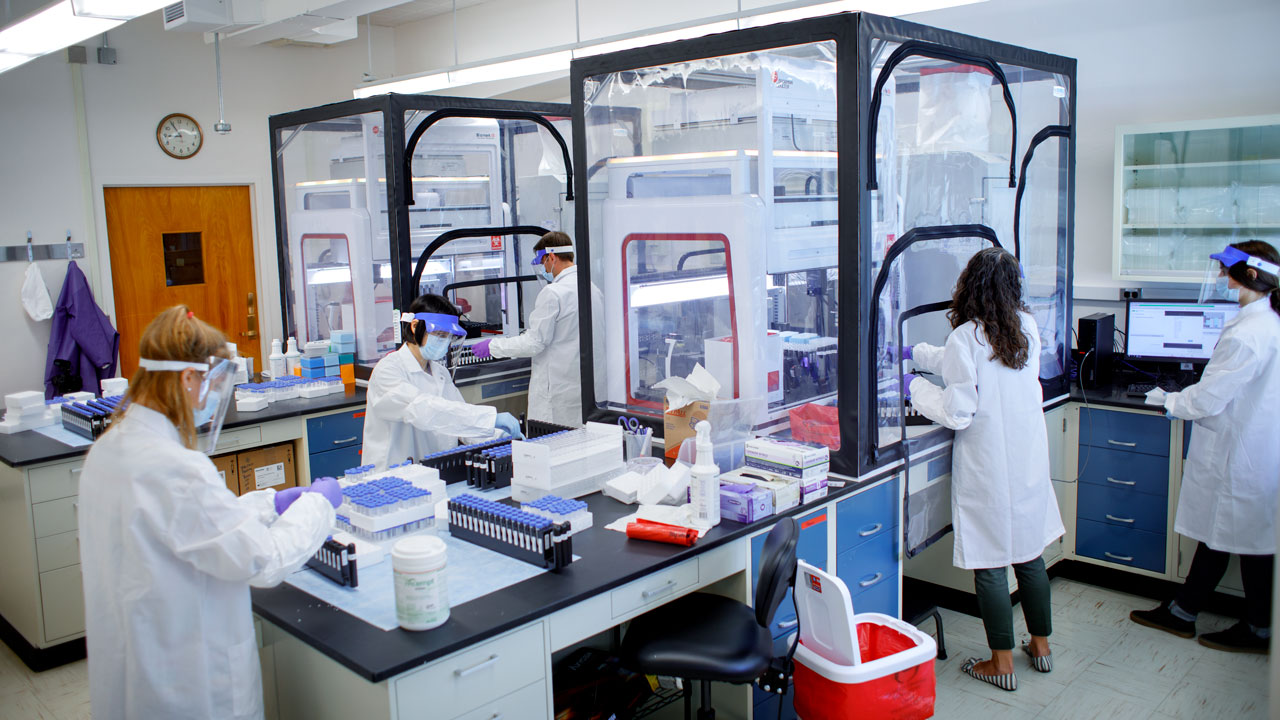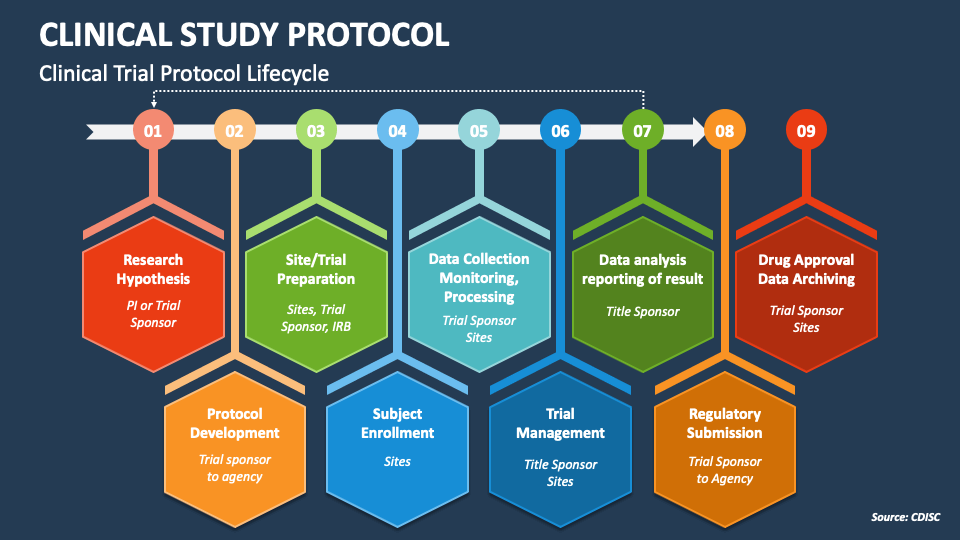Decoding Veterinary Labs for Pet Owners Explained
Decoding Veterinary Labs for Pet Owners Explained
Blog Article
Whether it’s routine blood work or advanced diagnostic panels, veterinary labs deliver the data veterinarians need to make informed decisions.
From routine screenings to emergency diagnostics, veterinary labs help uncover hidden health issues, confirm diagnoses, and track treatment progress.
Let’s start by understanding exactly what a veterinary laboratory is and why it’s essential in modern animal healthcare.
How Veterinary Diagnostic Labs Work
A descubra comolaboratório de exames veterinários veterinary laboratory is a specialized facility where biological samples from animals—such as blood, urine, feces, or tissue—are analyzed to detect diseases, monitor health, and guide treatment plans.
Veterinary labs vary in size and specialization.
In the US, veterinary laboratories can operate as standalone diagnostic centers, be integrated into veterinary hospitals, or work as part of nationwide networks.

What Tests Do Veterinary Labs Offer?
Veterinary laboratories perform a wide range of tests that help veterinarians evaluate an animal’s health.
For more specialized diagnostics, veterinary labs offer cytology (examining cells under a microscope), biopsies, hormone level testing (such as thyroid or cortisol), and infectious disease panels.
These tests are essential for early disease detection, accurate diagnosis, and treatment planning.
How to Find a Veterinary Lab Near You
Start by asking your veterinarian—they often have trusted partnerships with local or national labs and can guide you to the right provider.
Online directories and veterinary associations can help locate accredited labs in your area.
Choosing the right local lab ensures quick turnaround, reliable results, and peace of mind.

Choosing Between Standard and 24-Hour Veterinary Labs
Knowing when to use each type can make a significant difference in urgent cases.
These labs are often linked to emergency veterinary hospitals and specialize in handling critical cases at any time of day or night.
For non-urgent screenings, wellness panels, or follow-up testing, standard labs are usually sufficient.
Why Veterinary Diagnostics Matter for Your Pet’s Health
Veterinary diagnostics are the backbone of modern animal healthcare.
In chronic cases, regular lab monitoring ensures medications remain effective and side effects are minimized.
This partnership between lab, vet, and pet owner is what keeps animals healthy and thriving.
Final Thoughts on Veterinary Diagnostics
Accurate, timely results help catch problems early, support effective treatments, and give you peace of mind as a pet owner.
The combination of expert veterinary care and reliable diagnostics is what keeps pets healthier, longer.
Stay informed, stay proactive, and don’t hesitate to ask your veterinarian how lab testing can enhance your pet’s care plan.
FAQ About Veterinary Laboratories
What does a veterinary lab do?
A veterinary diagnostic lab analyzes samples from animals (like blood, urine, or tissue) to detect diseases, monitor health, and guide treatment plans.
Where can I get my pet tested locally?
Ask your veterinarian for recommendations—they often work with trusted local labs or national diagnostic networks.
What emergencies require urgent lab testing?
Always consult your emergency vet to determine the best course of action.
What types of tests are done in veterinary labs?
These tests help detect infections, organ issues, cancers, and metabolic diseases.
Are veterinary diagnostics expensive?
Routine bloodwork may range from $50–$200, while specialized or emergency tests can cost more.
Report this page